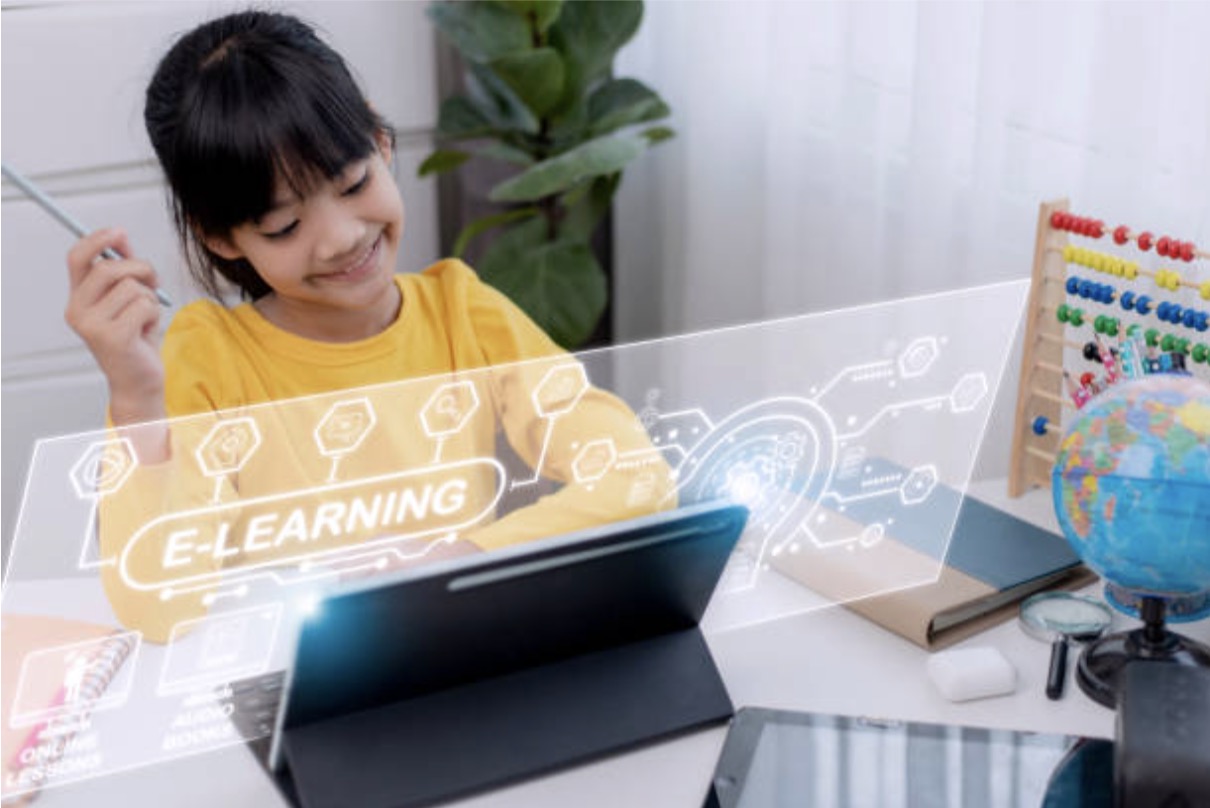Research

Empowering Teachers and Parents with Real-Time Data on Early Years Child Development

Real-time data on child development can help educators and parents understand how a child is progressing and identify areas where they may need extra support. This information can be used to create personalized learning plans and interventions that are tailored to the specific needs of each child.
One of the most powerful tools for gathering real-time data on early years child development is technology. Many education technology companies now offer software and apps that can track a child’s progress in areas such as language, motor skills, and social-emotional development. These tools can also provide detailed reports on a child’s strengths and weaknesses, as well as their overall progress.
For example, a language development app might track the number of words a child says each day, the number of new words they learn, and their ability to form sentences. A motor skills app might track a child’s ability to perform tasks such as stacking blocks, drawing, and cutting with scissors. A social-emotional development app might track a child’s ability to express their emotions and interact with others.
In addition to technology-based tools, teachers and parents can also use traditional methods such as observations and assessments to gather data on early years child development. For example, a teacher might observe a child during playtime and take note of their language skills, such as their ability to communicate with their peers. They can also use assessments such as developmental screenings to measure a child’s progress in areas such as language, motor skills, and social-emotional development.
Once educators and parents have gathered data on early years child development, it is important to use this information to create personalized learning plans for each child. These plans should take into account the child’s strengths and weaknesses, as well as their overall progress. For example, if a child is struggling with language development, the teacher might provide additional support through language-rich activities or one-on-one language therapy.
Personalized learning plans can also be used to help children set and achieve goals. For example, a child might set a goal to learn a certain number of new words by the end of the school year. The teacher can then track their progress and provide support as needed to help them reach this goal.
Involving families and caregivers in the process of gathering and utilizing data on early years child development is an important step towards creating a supportive and effective learning environment for children. By sharing information about a child’s strengths, weaknesses, and progress with families, educators can collaborate to create effective learning plans and interventions that take into account the child’s home and community environment. This can help ensure that children receive the support and guidance they need, both in and out of the classroom.
In conclusion, empowering teachers and parents with real-time data on early years child development is a powerful tool that can help children reach their full potential. By using technology, traditional methods, and involving families and caregivers, educators can create personalized learning plans that are tailored to the specific needs of each child. Through this process, children can achieve their goals, become confident, and well-rounded individuals.
Start using Personhood360 for free!
Access all Personhood360 features for 30 days, to see how Personhood360 can add value to your early childhood centre.
Or compare plans from $2.45 per child/month
![]() Cancel any time
Cancel any time![]() Online Support
Online Support
